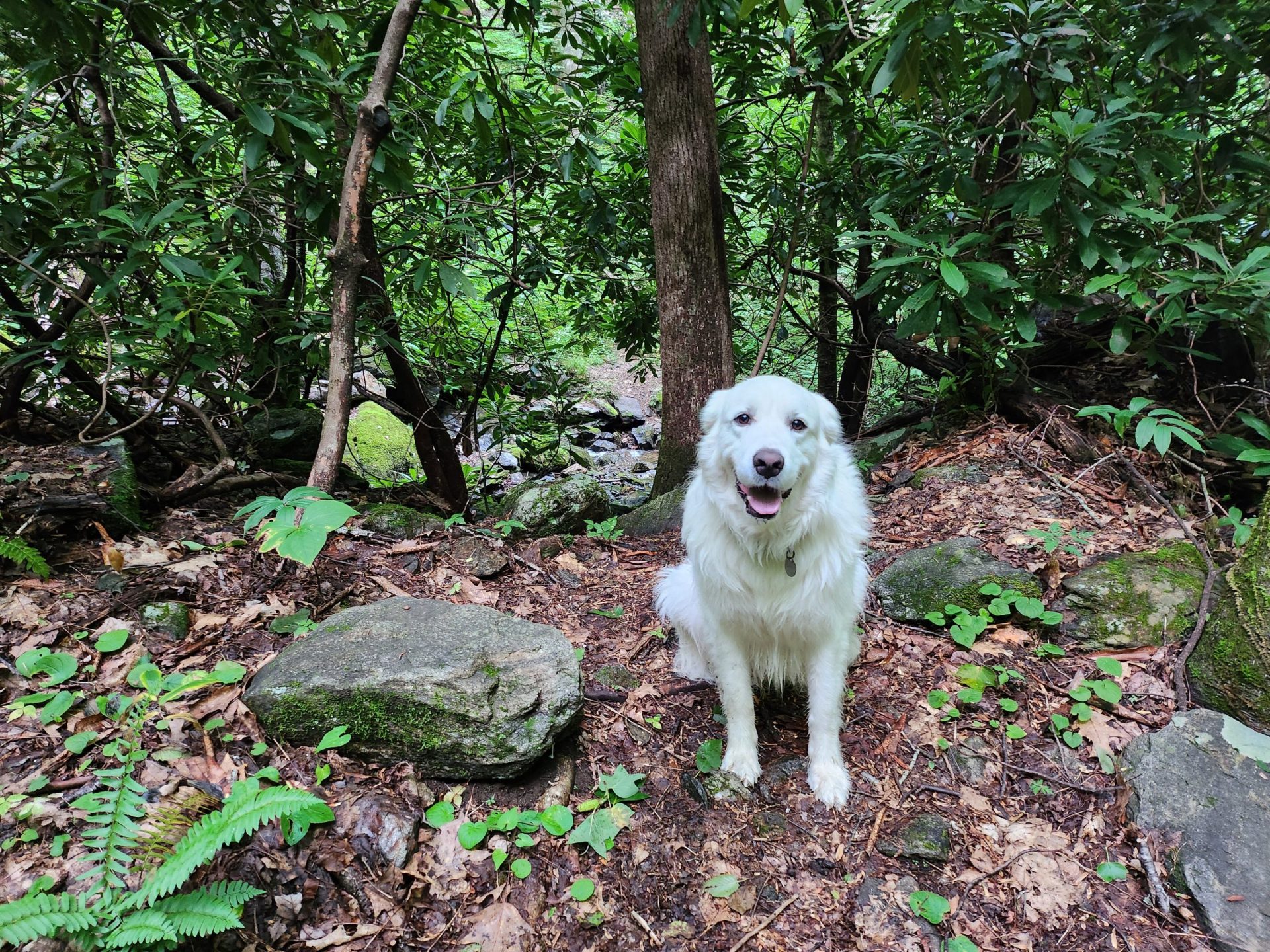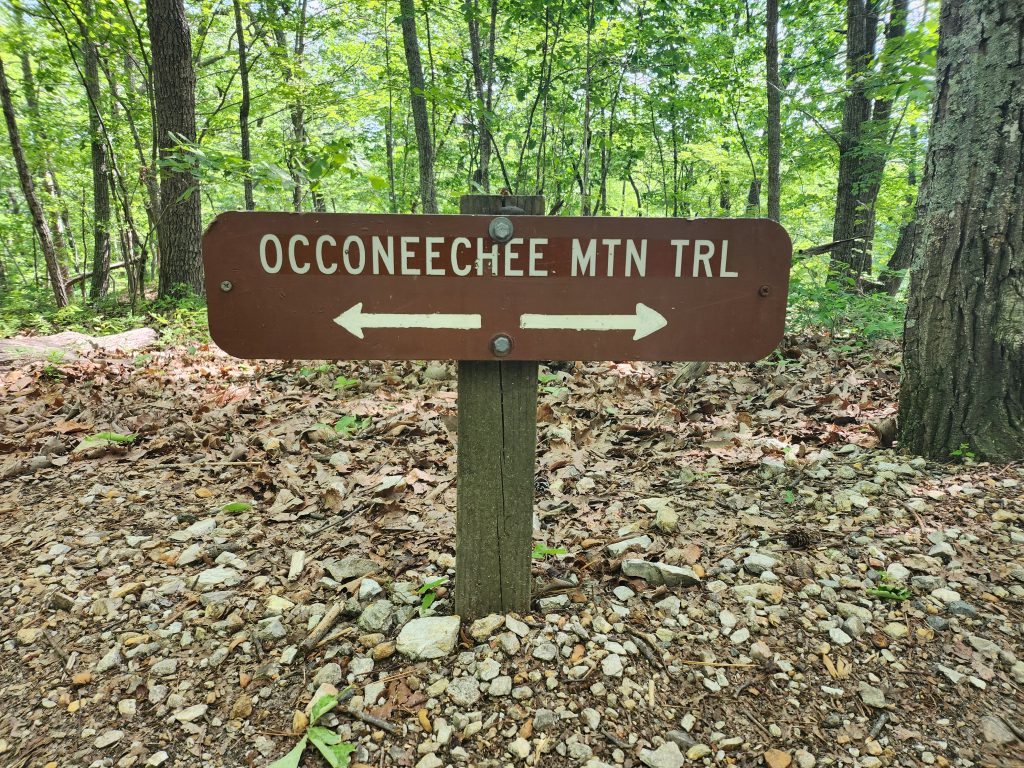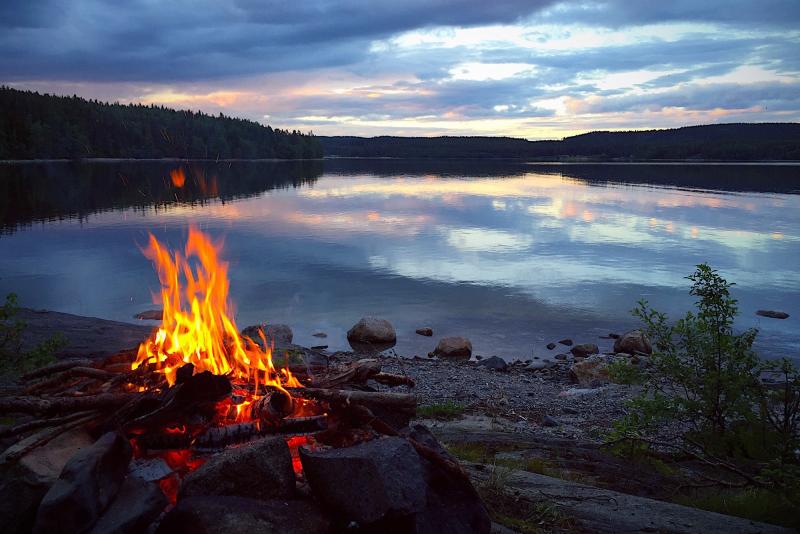In a country that holds 60 percent of its land in private hands, a quiet shift is underway. Fields once left to thistle and woodlots long overlooked are opening their gates to campers, hikers, and travelers. It’s not a grand movement. There are no ribbon cuttings or declarations. Instead, there’s a website: Hipcamp, the peer-to-peer platform turning unused land into informal campgrounds and homeowners into accidental innkeepers.
Becoming a Hipcamp host isn’t hard. But doing it well, earning consistent income, getting strong reviews, and avoiding legal missteps requires more than just marking a flat patch of grass with a tent icon. It asks for intention and some grasp of what people now look for when they seek the outdoors.
Opening Your Land to Strangers (and Income)
To start, creating a Hipcamp listing is free. The platform takes a 10 percent cut from each booking, and you keep the rest. The sign-up process is as straightforward as any short-term rental platform. You give your property a name, describe it, and then build out individual “sites.” Bookable camping spots or structures, like a tent pad, yurt, or a tucked-away RV pad.
Each site gets its own profile. You select the type of lodging, write a description, set a nightly price, and specify guest rules. You can offer fire pits, picnic tables, composting toilets, solar showers, water hookups, or nothing at all. You set your calendar and decide whether to allow instant bookings or approve them manually.
But that’s the easy part. What separates a passive listing from a successful one is how clearly it answers this question: “What will a camper experience here?”
The Art of the Listing
Good listings begin with clarity. There’s a tendency to over-romanticize, to describe the property in vague mood-setting tones. That’s a mistake. Visitors want specifics. Is it wooded or open? Is the drive gravel or paved? Will they hear frogs or freight trains at night?
The Hipcamp photo guide is instructive here. The cover photo, or “hero” shot, should show the actual site on a clear day. Wide-angle landscape shots are helpful, but close-ups matter too: the fire ring, the outhouse, the trailhead. Photos should answer unspoken questions: Where will I pitch my tent? Where do I park? What does the toilet look like?
Descriptions should do the same. If your land is an hour outside Asheville and offers a shaded tent site next to a spring-fed creek, say so plainly. Mention the wildlife. Note if there’s no cell reception. If the only amenity is solitude, own it.
One example from Spokane reads like this: “Willow Creek Retreat is a private country retreat… on a 20-acre farmstead… 5 minutes from the Spokane airport.” That’s all a traveler needs to picture it: private, country, convenient.
A listing’s tone should match the stay. If it’s remote and rustic, the listing should feel sparse but thoughtful. If it’s close to town with glamping comforts, more polish is welcome. The point isn’t salesmanship. It’s clarity.
Rules, Risks, and the Things No One Mentions
Then come the harder questions. Can you legally host campers on your land? Will your insurance cover you if something goes wrong?
The answer depends on where you live. Some counties regulate short-term stays. Others don’t. Hipcamp offers general guidance, but it’s on you to check with zoning boards, planning departments, or homeowner associations. Rural properties often have more leeway, but city parcels like Portland’s “Farm in the City.” Sometimes operate within unique zoning allowances for urban agriculture or education.
Liability, too, is not a minor point. Hipcamp provides up to $1 million in host insurance, covering bodily injury and property damage in many cases. But it doesn’t protect against everything. Fires started by guests, dangerous animals on site, or disputes over access roads may fall into gray areas. If you’re relying on that coverage, read the terms carefully.
There’s also the matter of guests overstaying. Though rare, hosts sometimes worry about campers who linger or cause damage. Hipcamp’s official stance is simple: bookings must go through the platform to be covered. Don’t accept cash under the table. Don’t allow indefinite stays. Doing so risks not only payment but legal ambiguity.
Hosting sounds casual, but it brings legal obligations. Campers aren’t just visitors, they’re paying guests. And that makes you, functionally, a business.
What It Pays
The appeal is clear: land that once sat empty now earns income. According to Hipcamp’s internal data, the average active host brings in over $10,000 a year. Those who list multiple sites or offer glamping accommodations report much higher earnings.
Tent sites generally rent for $25 to $50 per night. Add a canvas bell tent or platform and you can charge double. A simple cabin might bring in $150 to $250 per night, especially in high-demand areas or holiday weekends.
One host, writing in a Hipcamp blog feature, reported earning $21,000 in her first eight months by offering a mix of RV sites, walk-in tent spots, and firewood bundles. Another estimated $50,000 over a summer by renting out glamping tents with electricity and solar showers on a forested parcel in California.
Income isn’t guaranteed, but nor is it trivial. If you have privacy, scenery, and a little infrastructure, you can likely earn a few hundred dollars per weekend.
And Hipcamp doesn’t charge to list your property. That changes the math. With traditional vacation rentals, owners often lose 15–20 percent in fees. Here, it’s 10 percent. The rest goes to you.
What Guests Want
Most campers aren’t looking for luxury. They want quiet, a clean spot to sleep, and maybe a place to build a fire.
Still, expectations vary. A family with kids and a rooftop tent might want a picnic table and a clean bathroom. A solo hiker might be fine with a trail and a water jug. Others look for novelty, a place to watch the stars, spot deer, or pick berries.
Some of the most popular listings are simple places with charm: an A-frame shelter in a meadow, a raised platform under the trees, or a level tent site beside a creek. Others offer extras: paddleboards, hammocks, alpacas.
What matters most, according to Hipcamp’s data on guest satisfaction, is not glamour but clarity. Do photos match the site? Are directions clear? Is there a toilet? If not, say so.
Communication matters too. Respond quickly. Answer questions. If a fire ban is in place, post it. If access requires 4WD, note it.
One reason Angeles Crest Creamery does well isn’t just its goats. It’s that the host writes clearly, explains the property, and educates guests before they arrive. Expectations are managed, and reviews are good.
Rural and Urban Both Work
If you think Hipcamp is only for 40-acre farms off a dirt road, you’re missing the trend. Some of the best-performing hosts operate within city limits.
A suburban couple near Atlanta turned their large backyard into a Hipcamp by fencing off a corner, adding a picnic table and solar lights. They now make $800 to $1,200 per month, mostly from weekend bookings.
A property in Madison, Wisconsin, offers bike-in-only tent sites along a stream, walking distance to downtown. Another outside Austin provides walkable access to live music venues.
Urban listings like “Your Farm in the City” thrive because they solve a particular problem: nature-access for people without cars. A 20-minute train ride plus a short walk, and you’re sleeping beside chickens instead of traffic.
On the rural end, you’ll find Hipcamps in the Ozarks, the Adirondacks, and the Carolina highlands. The common trait isn’t location. It’s that someone took the time to create a space where campers feel welcome and safe.
The Work You Don’t See
Hosting isn’t passive. You’ll answer questions. You’ll mow grass. You’ll unclog a composting toilet. You’ll break up a party or calm a skittish dog. If you’re lucky, you’ll also meet interesting travelers who write good reviews.
You’ll need a way to communicate with guests (the Hipcamp app works well). You’ll check the weather. You’ll restock firewood, refill jugs, clean up after the careless few.
The best hosts do all this without letting it feel transactional. They keep the property tidy, add small comforts (a jar of matches, a printed map), and update the listing when things change.
Good reviews follow not from perfection, but from honesty and effort.
End Thought
In a time when so much land sits locked behind “No Trespassing” signs, Hipcamp offers a quiet alternative. It doesn’t require a lodge, a loan, or a business plan. It just asks for a patch of earth, a little time, and a willingness to share it.
And for many landowners, whether perched above a mountain town or surrounded by warehouses. It’s a way to open the gate, meet a stranger, and make a little money while doing it.








Leave a Reply